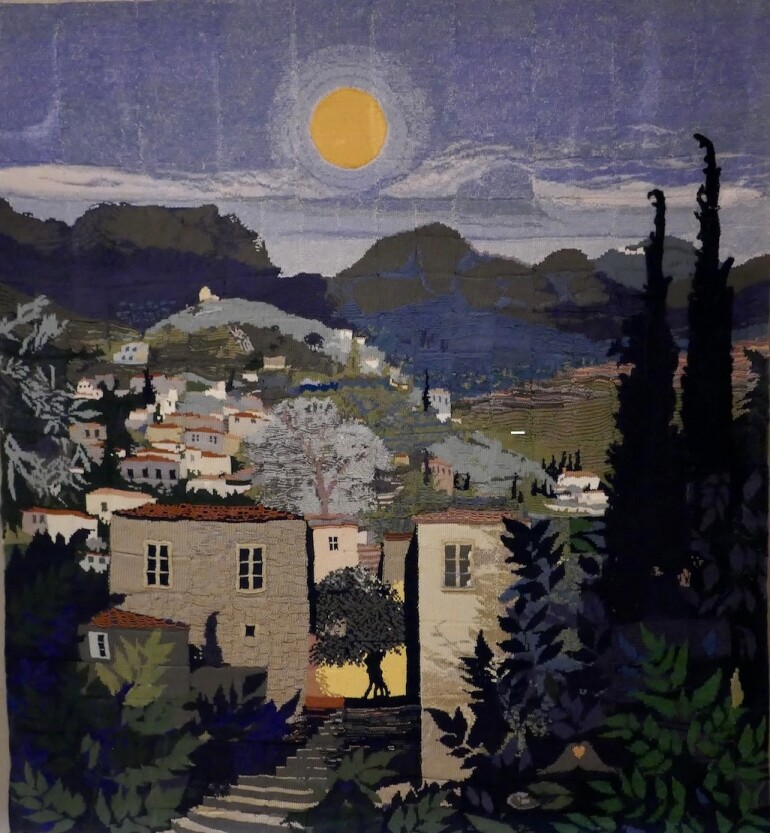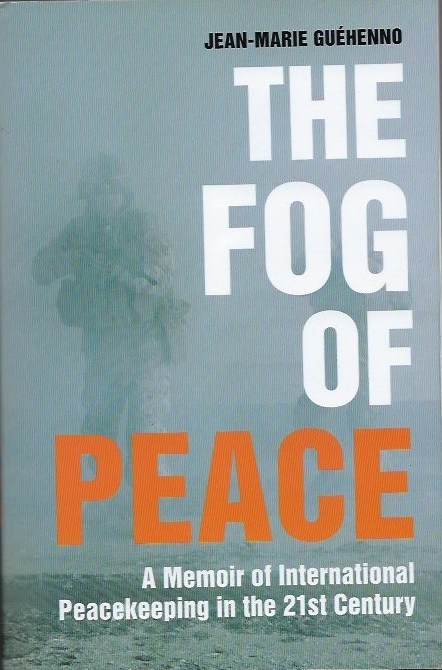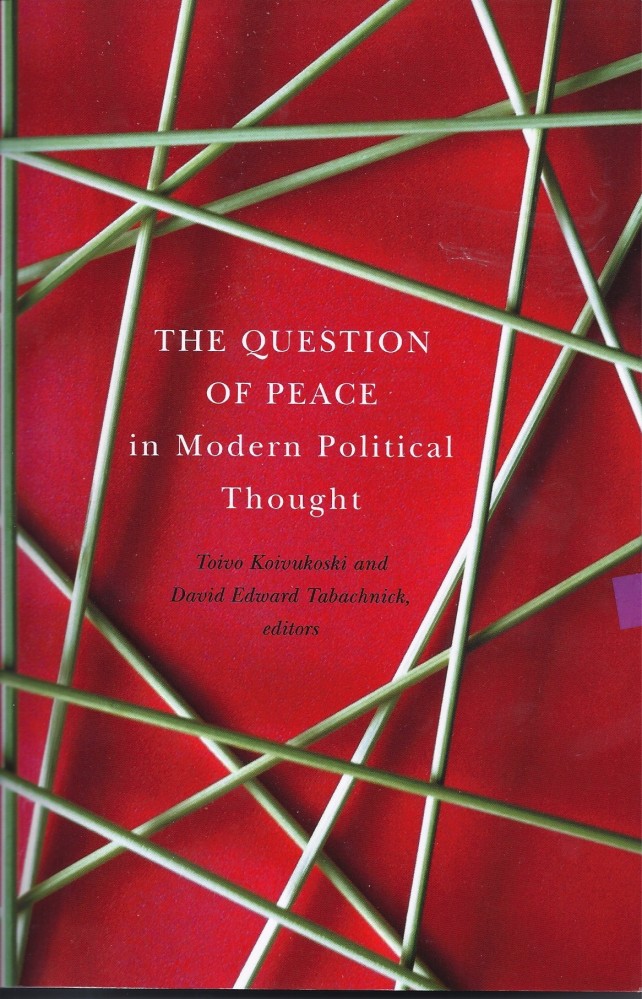Â
Â
- An appreciation, by Ingrid Lehmann and Jamie Arbuckle, for Peacehawks
Â
 INTRODUCTION
Â
Since the inception of Peacehawks in January of 2010, we have posted 41 articles, essays and reviews, all on the subject of the enforcement of international peace and security.  Recent events: the pandemic, war in Ukraine, Jamie’s 80th –  have summoned us to an accounting. Our balance is showing us that we have written not about peace and security, but rather too frequently have we been concerned with the exceptions which prove the misrule: unrest and insecurity. Traffic and parking regulations are enforceable and are usually enforced world-wide, while genocide is not preventable and is rarely punished – world-wide. A permanent member of the United Nations Security Council is rampaging over the rubble it has created in a neighboring country; their head of government has been indicted for war crimes. As seemingly powerless as the international community is to deal with interstate conflict, it is no better able to manage intrastate conflict, witness the more or less constant uproar in Sudan, as protracted and murderous as it is pointless – and to us, so far, unmanageable.
Â
As the late Amitai Etzioni, the founder of Communitarianism, wrote:
Â
… despite my confidence that the message I have hammered out would do the world a lot of good—no one seems to be listening.[1]
Â
We think it time we wrote about something completely different – what about peace?
Â
And, thinking thus, we encountered the art of Mary Gladstone.



